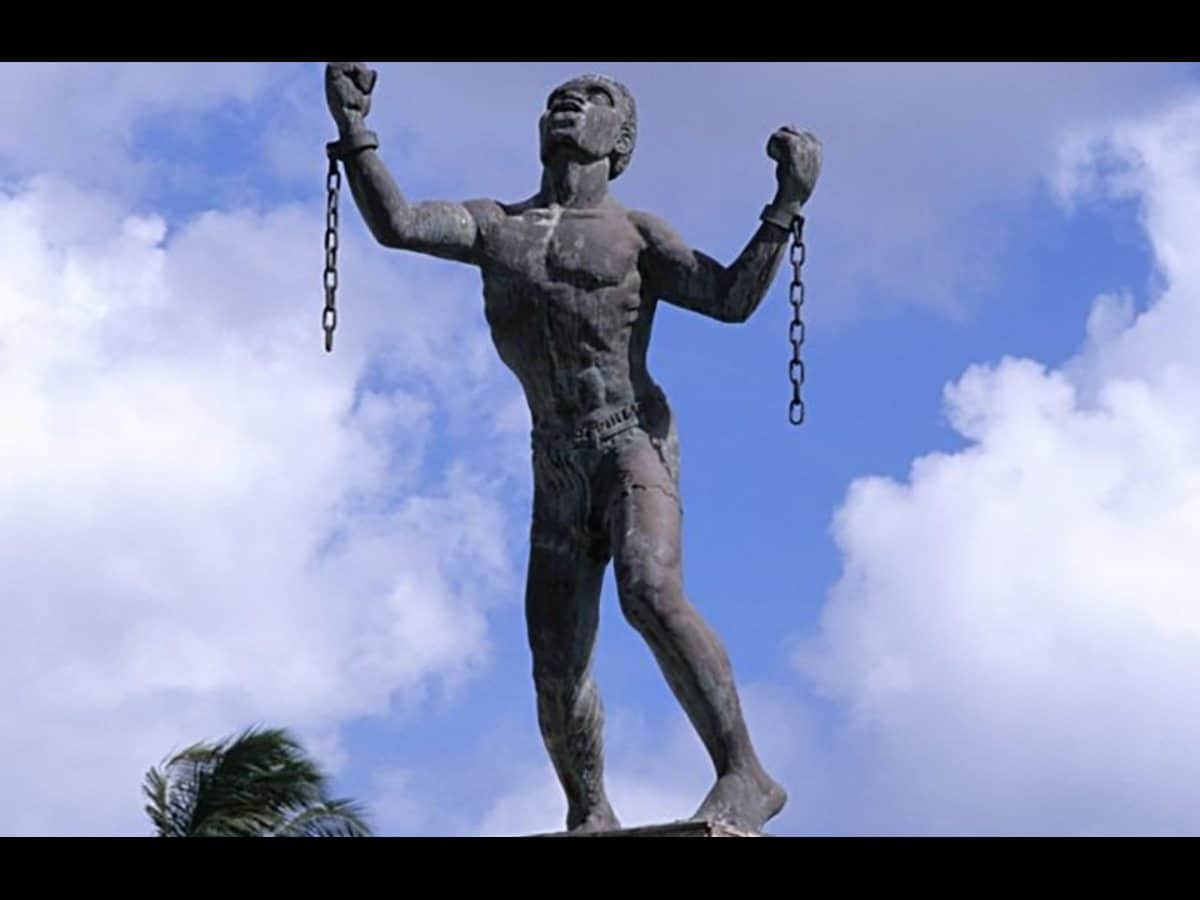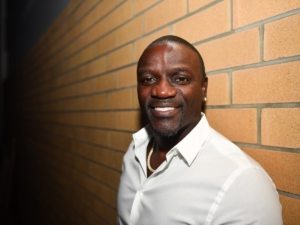A delegation from the Caribbean Community (CARICOM) reparations commission is in the UK for a “historic” first official visit for reparations talks. The Caricom Reparations Commission (CRC) will meet with UK politicians, Caribbean diplomats, academics and civil society groups to talk about slavery, colonialism, and their lasting effects.
“The Caricom Reparations Commission advocacy visit to the UK is historic, as it is the first of what we anticipate will be a series of engagements to raise consciousness and awareness, correct misconceptions about the reparations movement and build strategic partnerships to take this critical agenda to right historical wrongs forward,” Dr Hilary Brown, a member of the delegation and Caricom’s programme manager of culture and community development, said, according to The Guardian.
More than 12.5 million Africans were kidnapped, forcibly transported by European ships to the Americas, and sold into slavery between the 15th and the 19th century.
Yet, a poll by the Repair Campaign, an independent movement backing calls for reparations, found that most Britons did not know much about Britain’s role in transatlantic slavery and colonialism. Among the 2,000 UK adults surveyed, 85% were not aware that Britain forcibly transported over 3 million Africans to the Caribbean.
The CARICOM commission’s visit, organised in collaboration with the Institute of Commonwealth Studies, is from November 17 to 20 and aims to “strengthen strategic partnerships and promote a joint programme of public education and engagement on the reparations agenda”, a media advisory said.
There have been increased calls for reparations this year, particularly from bodies such as CARICOM, a group of 15 member states that includes Barbados and Jamaica, as well as the African Union (AU).
While CARICOM has a reparations plan, which includes calls for a full and formal apology, debt cancellation, education programs, and monetary compensation, the AU is coming up with its own.
In the meantime, some European leaders do not see the need for reparations, arguing that past wrongs shouldn’t be tied to the current state and institutions.
Last year, British Prime Minister Keir Starmer said ahead of the Commonwealth summit in Samoa that he would like to look forward rather than be part of “very long, endless discussions about reparations on the past”.
However, the summit ended with an agreement that the time had arrived for a formal discussion on the issue.










